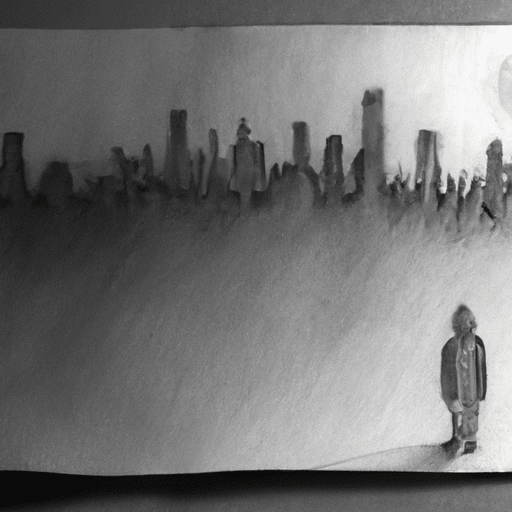Okay, deep breath, let's get this over with. In the grand act of digital self-sabotage, we've littered this site with cookies. Yep, we did that. Why? So your highness can have a 'premium' experience or whatever. These traitorous cookies hide in your browser, eagerly waiting to welcome you back like a guilty dog that's just chewed your favorite shoe. And, if that's not enough, they also tattle on which parts of our sad little corner of the web you obsess over. Feels dirty, doesn't it?
Unleashing PIGEON: The AI Sherlock Holmes Stalking your Vacation Photos!
Meet PIGEON, an AI child of Stanford students, with a terrifying knack for geolocation. Your innocent latte art post might just reveal your secret cafe spot. While handy for urban maintenance or holiday planning, AI geolocation privacy concerns are soaring high as a stalking pigeon.

Hot Take:
Just when you thought you could post your latte art in peace, here comes PIGEON, an AI by Stanford students that can pinpoint the location of almost any photo. It's like a psychic Sherlock Holmes but for your holiday snaps. And while we'd like to reassure you that your secret beach spot is safe, we can't. In the wrong hands, this could be a privacy nightmare, and by wrong hands, we mean anyone with an internet connection and a knack for stalking.Key Points:
- PIGEON, an AI project by Stanford students, can identify the location of almost any photo. Yes, including your selfies.
- It's not just for Google Street View anymore. PIGEON can also analyze personal photos and determine their locations with frightening accuracy.
- While the creators have opted not to release the technology to the public, the potential for misuse in terms of surveillance and stalking is concerning.
- There are potential positive uses for PIGEON, such as identifying areas in need of maintenance or planning a holiday.
- The development of PIGEON highlights the urgent need for regulations in the AI field to prevent potential abuses.

